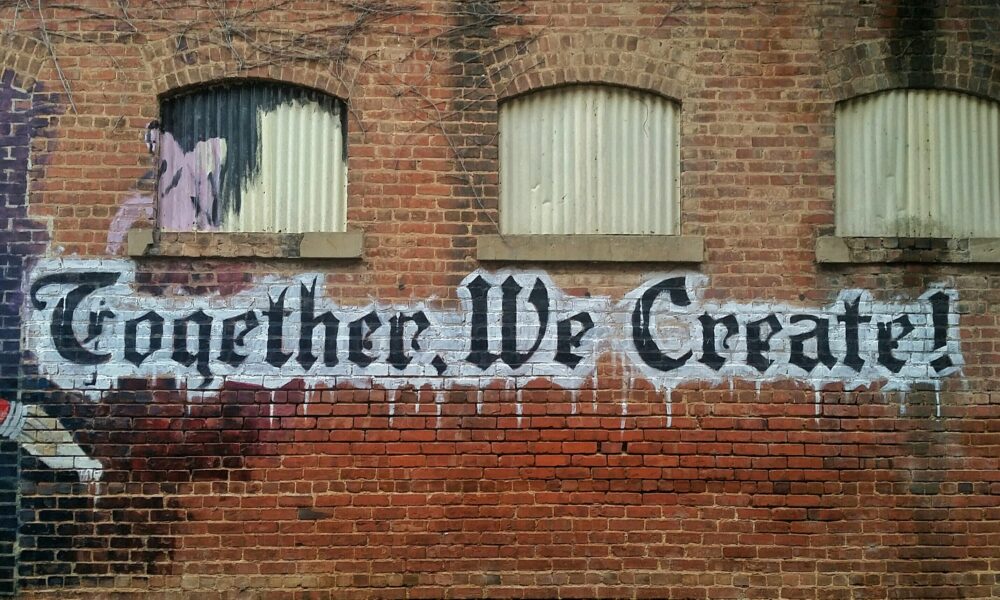What is our social responsibility as instructional designers?

This week I have spent a good amount of time searching and looking at social media accounts, groups, podcasts, and blogs that I want to add to my personal learning network in the field of learning experience design. Some of the accounts or sites I came across ignited the social responsibility sense in me. Being fair, I have always been an advocate of social responsibility. I worked and managed a non-profit organization for five years which counts for more than third of my working experience. Nowadays, I volunteer by advising new business owners on how to manage and grow their startups. However, what these sites sparked is how can I give back to the community thorough my practice in instructional design.
One of the organizations that got me thinking is Mozilla Foundation, they believe that the Internet is a global public resource that must remain open and accessible to all. An initiative they have called web literacy is a great manifestation of how can instructional designers give back to the global society. With tools such as the internet our social impact can cross geographical borders, we became global citizen, a topic that deserves to be elaborate more about in another post. Mozilla’s objective is to bring equitable access to the internet for more people, there solution was to curate a curriculum that covers web literacy skills and 21st century skills. They were able to offer this open source of learning by collaborating with a diverse community of educators, practitioners, and technologists. As instructional designers holding knowledge in both learning design and educational technological tools we are of great value to such initiatives.
Another inspiring example I found to have a great impact on the community of education is the work of Dr. David Wiley. He is the author of the 5R framework that many colleges and universities use to frame their open education initiatives. He advocates for open education and the use of open educational resources.
“If I have the means, I have the social responsibility to employ them”
– Terry Brooks
Both Mozilla and Dr. Wiley are examples of how being a member of the education and learning community can have a positive impact on the local and global societies around us. Personally, I strongly believe in the power of education and knowledge and how it can build capable and skilled people who would form empowered communities. Also, I think that no matter how small our efforts to give back may seem to us the impact it would have is not! This impact would even be bigger if we managed to collaborate as instructional designers and education technologists to reach an objective of providing access to free or affordable education to more people around the world.
I would like to hear your thoughts on what is our social responsibility as instructional designers towards global and local communities? and what ideas or experiences you can share?
Featured image by “My life through a lens” on Unsplash
4 Comments
Great post Marwa! I used to work with David Wiley and was similarly influenced by his commitment to open education. Not too long ago, I collaborated with some others in the open education community to create what started as a rubric, but ended up being a “bingo card” to consider the “openness” of educational activities: http://xolotl.org/okp-learning-experience-bingo-2-0/
I think a lot of the dimensions of openness dovetail with considerations of social responsibility.
Hello Nate and thank you sharing your thoughts and experience. I am sure it is amazing and inspiring to work with people such as Dr. Wiley. Personally I have been impacted by great mentors who have encouraged me to always find a way to give back.
I really loved your approach with the “bingo card” and how it can help interested educators in opening up their learning inputs by using the card to answer the question of “What dimensions of openness does this learning experience incorporate and generate?” I find answering this question would direct creators to areas that can be opened up to have bigger and wider impact.
I would definitely want to explore this card on materials I create.
Marwa
I really like your thoughts here Marwa! I have noticed this trend towards open source development in other industries (my husband works in data science and has watched open source programming do great things for the industry). I love the thought of what an open source learning platform could do for instructional design. Sharing our progress with others allows us to spend our time advancing our learning instead of remaking the wheel.
Even now, people who once existed as educational silos can virtually connect to form previously impossible educational teams. I can only imagine what an open source learning platform might bring.
Very interesting- Thanks for Sharing,
Jenny
I like the idea of open source learning platform, that can be a great initiative to have a one rich source providing access to learning material, with diversity in content, style, subject, and languages. Though there is a lot of material available online, but having a one platform is a great idea!